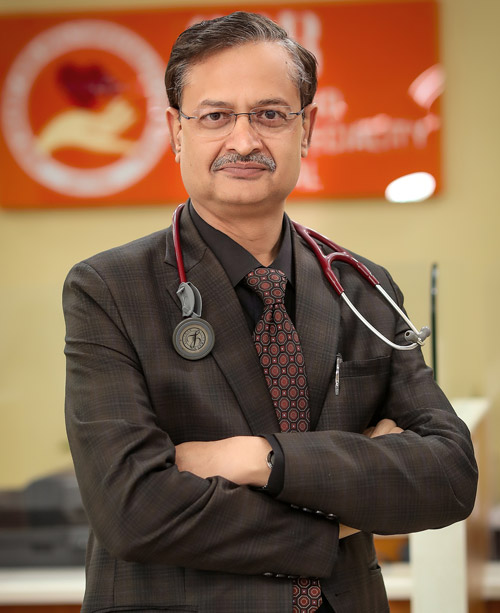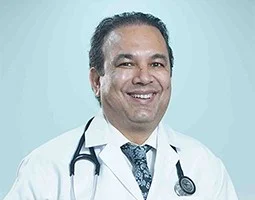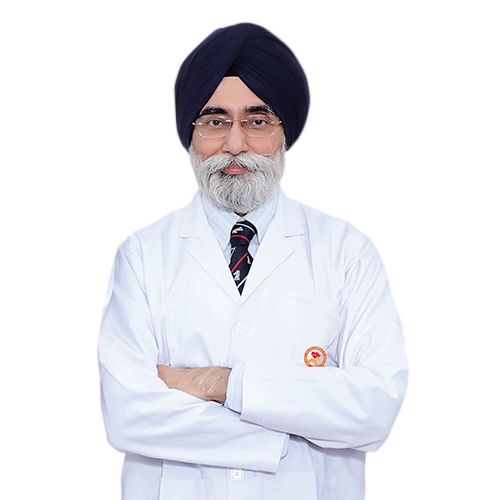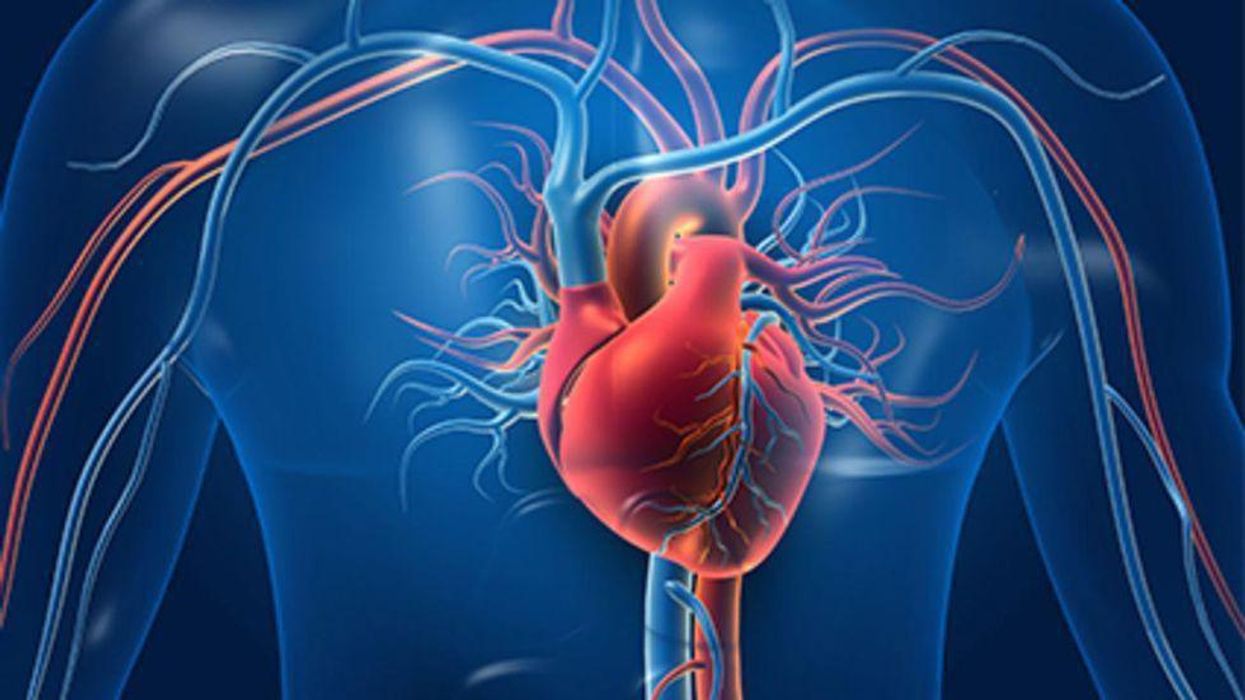Cardiac Ablation Treatment
India
-
Our Price USD 1800
-
Hospital Price USD 2000
-
You Save : USD 200
Booking Amount: USD 180. Pay Remaining 90% at the hospital.
Book NowAdditional Credit
Among the important extras we offer as part of the Additional Credit are the following:
-
Site Tourism For The Patient & Attendant
-
Airport Pick & Drop Service
-
Ambulance service at airport
-
Priority appointments with The Doctor
-
Cancel Easily Anytime with Full Refund
-
Room Upgradation
-
Free Online Doctor Consultation Valued at USD 20
-
Free hotel Stay for 5 to 7 days Accordingly
-
Welcome Kit at Arrival
-
Interpreter
-
Medical Visa Assistance
What is Included?
- Doctor consultation charges
- Lab tests and diagnostic charges
- Room charges inside hospital during the procedure
- Surgeon Fee
- Cost of implant
- Nursing charges
- Hospital surgery suite charges
- Anesthesia charges
- Routine medicines and routine consumables (bandages, dressings etc.)
- Food and Beverages inside hospital stay for patient and one attendant.
What is not Included?
- Extra Radiology Investigations
- Healthcare Professionals Charges of other consultations.
- Other Requested Services such as Laundry etc.
- Additional Pharmaceutical Products and Medicines After Discharge from Hospital.
- Management of Conditions Unrelated to Procedures or Pre-Existing.
- The cost of any additional implants will be in addition to the package cost.
Package Description
Procedure Description:
Cardiac Ablation treatment:
Arrhythmias, or irregular heartbeats, are treated using cardiac ablation. It leaves microscopic scars in the heart by applying heat or cold energy. The scars reestablish a regular heartbeat by blocking abnormal cardiac signals. Catheters, which are thin, flexible tubes that are placed via blood vessels, are most frequently used in cardiac ablation procedures. Ablation is performed during heart surgery less frequently.
Disease Description:
Atrial fibrillation: Atrial fibrillation, or AFIb, is characterized by an erratic and frequently fast heartbeat. An arrhythmia is an abnormal cardiac rhythm. Heart blood clots can result from AFib. In addition, the illness raises the risk of heart failure, stroke, and other heart-related issues.
Atrial fibrillation symptoms can include:
Disease Sign and Symptoms:
Palpitations are sensations similar to a rapid, fluttering, or pounding heartbeat.
1- ache in the chest.
2- lightheadedness.
3- Weary.
4- dizziness.
5- decreased capacity for physical activity.
6- breathlessness.
7- Weakness.
Afib (atrial fibrillation) patients can experience no symptoms at all.
Disease Causes:
This signaling cascade normally proceeds without a hitch in a healthy heart. Usually, the heart rate during rest ranges from 60 to 100 beats per minute. However, the signals in the heart's upper chambers are disorganized when atrial fibrillation occurs. The higher chambers quake or shake as a result. Signals attempting to reach the lower cardiac chambers flood the AV node. This results in an erratic and rapid heartbeat. The heart rate in individuals with AFib might vary from 100 to 175 beats per minute.
Diagnosis of disease:
Your atrial fibrillation (AFib) may go unnoticed. When a health examination is performed for another purpose, the problem can be discovered. The medical professional will evaluate you and inquire about your symptoms and medical history in order to diagnose AFib. Tests may be performed to check for diseases like thyroid or cardiac problems that might lead to irregular heartbeats.
A fib (atrial fibrillation) can be diagnosed with the following tests:
1. A blood examination
2. ECG
3. Monitoring Holter
4. Recorder of events
5. Loop recorder implanted
6. Echocardiography
7. Echocardiography
8. Conduct a stress test
9. X-ray of the chest
Disease Treatment:
Resetting and regulating the heartbeat as well as avoiding blood clots are the two main objectives of atrial fibrillation treatment.
The course of treatment is dependent upon:
1. The duration of your AFib.
2. The signs and symptoms you experience.
3. The reason behind the erratic pulse.
4- Treatment for atrial fibrillation may include:
health care.
Cardioversion is a type of therapy used to reset the cardiac rhythm.
Catheterization or surgery.
Cardiac Ablation: Cardiac ablation uses heat or cold energy to create tiny scars in the heart. The scars disrupt irregular heart signals and restore a typical heartbeat. A doctor inserts a flexible tube called a catheter through a blood vessel, usually in your groin, and into your heart. More than one catheter may be used. Sensors on the tip of the catheter apply the cold or heat energy.
Information related to Treatment
Package Details
Days in Hospital
2 Days
Days in Hotel
*
7 Days
Room Type
Private

Treating Doctor
Dr. S.S. Bansal
Interventional Cardiologist- Preventive cardiology and Cardiac Rehabilitation, Cardiothoracic Surgeon, Vascular Surgeon, Cardiovascular Surgery, Coronary Angiogram, Cardiac Ablation, Cardiac Catheterisation, Non Invasive Cardiology, Chest Pain Treatment, Carotid Artery Disease
SSB Heart and Multispecialty Hospital Faridabad, India
36 Years of Experience

Treating Doctor
Dr. Umesh Kohli
Interventional Cardiologist- Echocardiography, Pacemaker Implantation, Coronary Angiography, Coronary Angiogram, Cardiac Ablation, Cardiac Catheterisation, ASD VSD repair, Cardioversion, Implantable Cardioverter-Defibrillators (ICDS), Peripheral Angioplasty, Non Invasive Cardiology, Chest Pain Treatment, Bypass Surgery, CT angiogram, Cardiology, Balloon Mitral Valbuloplasty
Accord Super specialty Hospital Faridabad, India
24 Years of Experience

Treating Doctor
Dr. (Brig.) S. S. Sidhu
General surgeon,Cardiothoracic and Vascular Surgeon- Cosmetic surgery, Minimally Invasive Cardiac Surgeon, Liver Transplant, Rhinoplasty, Breast Augmentation, Breast Reduction Surgery, Vaser Liposuction Surgeon, Minimally invasive surgery, Endoscopic Surgery, Incisional Hernia, High blood Pressure, Colonoscopy, Liver Surgery, Lung Tranplantation
SSB Heart and Multispecialty Hospital Faridabad, India
40 Years of Experience


